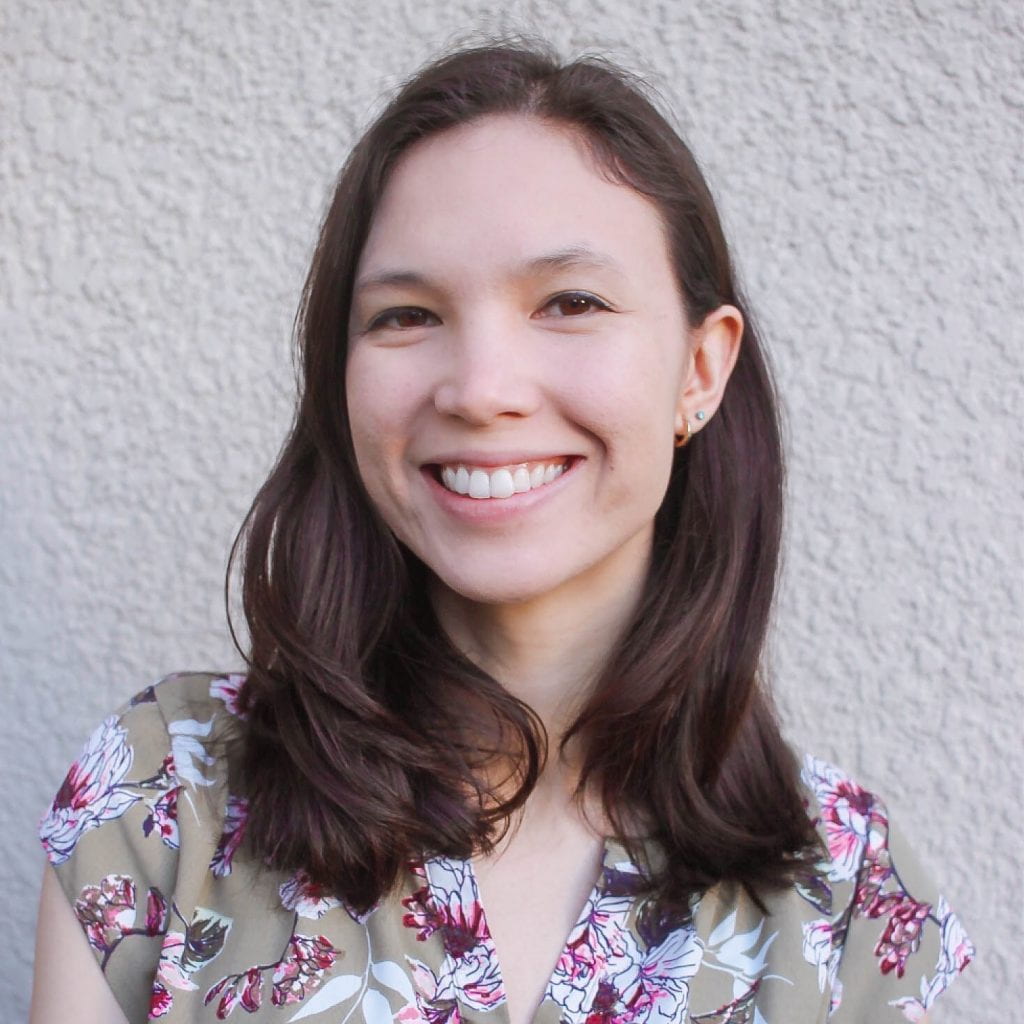The SJSU Lurie College of Education provides a range of grants to students to support their academic endeavors to become transformative educators, counselors, therapists, and leaders. We spoke with SJSU Lurie College of Education Communicative Disorders and Sciences student Grace Shefcik, who has been conducting research on and developed the first questionnaire that assesses non-binary individuals’ self-perception of voice and voice-related concerns for the purposes of speech-language pathology. Listen to Grace’s insights below!
“Many trans people report a desire to modify their voice, and some receive services from a speech-language pathologist, or SLP. During this initial assessment, the SLP will typically have the client report their self-perception of voice and voice-related concerns through a questionnaire measure. There currently exist two questionnaire measures that are widely used for this, but neither of these were developed for non-binary clients, so it would be inappropriate to use them for this population. In my research, I developed and validated the first questionnaire that assesses non-binary individuals’ self-perception of voice and voice-related concerns. I wanted to pursue this research to address a gap in resources available for this population.”
Can you introduce yourselves to our listeners?
My name is Grace Shefcik, my pronouns are she/her/hers, and I am a graduate student in the Speech-Language Pathology program.
Can you provide a brief description of the research project that you are working on? Why did you want to pursue this research project?
My thesis is focused on assessment of non-binary individuals’ self-perception of voice. A non-binary person is someone whose gender is not exclusively male or female. Many trans people report a desire to modify their voice, and some receive services from a speech-language pathologist, or SLP. During this initial assessment, the SLP will typically have the client report their self-perception of voice and voice-related concerns through a questionnaire measure. There currently exist two questionnaire measures that are widely used for this, but neither of these were developed for non-binary clients, so it would be inappropriate to use them for this population. In my research, I developed and validated the first questionnaire that assesses non-binary individuals’ self-perception of voice and voice-related concerns. I wanted to pursue this research to address a gap in resources available for this population. The existence of a questionnaire like this would help clinicians provide appropriate intervention services, which, in turn, will help the non-binary client modify their voice.
Can you provide a brief description of the research project that you are working on? Why did you want to pursue this research project?
So far, I have surveyed 10 non-binary adults with a desire to modify their voice. I did a thematic analysis of their responses in order to identify themes that represented their experiences. That led to the first draft of this questionnaire, which underwent expert review from a panel of 4 speech-language pathologists that have expertise in transgender voice and communication services. Some edits were made based on their feedback and based on their feedback I was able to assess the content validity of this questionnaire. Before the end of the school year, I still have the written component of the thesis to complete as well as my thesis defense.
Who is your faculty mentor? What has your working relationship with them been like?
My faculty mentor is Dr. Pei-tzu Tsai. I had the experience of being placed in her clinic at the start of my graduate education. During that clinic, I encountered questions that the existing research didn’t answer, and Dr. Tsai empowered me to answer them myself. It’s because of her I was able to confidently decide to pursue a thesis with her support. Working with her has been a wonderful experience and her mentorship has meant a lot to me. She challenges me to set higher standards for research by questioning the precedent. Overall, having her support and mentorship has made my graduate experience all the more meaningful.
Can you share an experience that you’ve had with this project so far that has been surprising, significant, challenging, reassuring, etc.?
The most surprising thing that has happened is my participation in the SJSU Research Competition. My advisor encouraged me to apply and my college, the Lurie College of Education, selected me as one of the students to participate in the competition. I was asked to describe my research in an engaging and interactive way, which was definitely a challenge. During that process, I received a lot of helpful feedback from my peers, and friends, and my thesis committee, which ultimately provided me with a lot of confidence going into the university competition. I’m excited to share that I was selected as a finalist to advance to the CSU-wide competition this April. This has been an opportunity I definitely didn’t anticipate when I started this project, but it’s been very rewarding and exciting.
How has this opportunity overall shaped you going forward?
I am hopeful that this questionnaire will continue to be developed for eventual use in clinical practice, and I plan to continue working on it beyond the scope of my thesis. This opportunity has provided me with the confidence to continue doing research not only on this project but also in the field of speech-language pathology as a whole.
